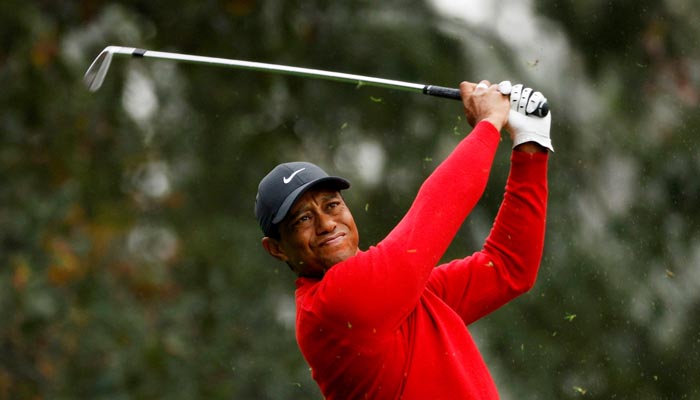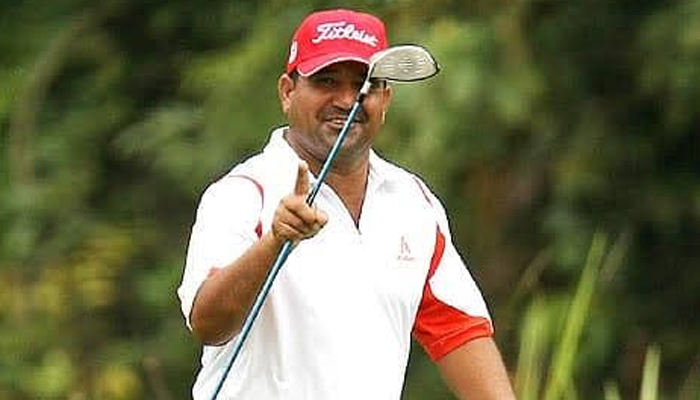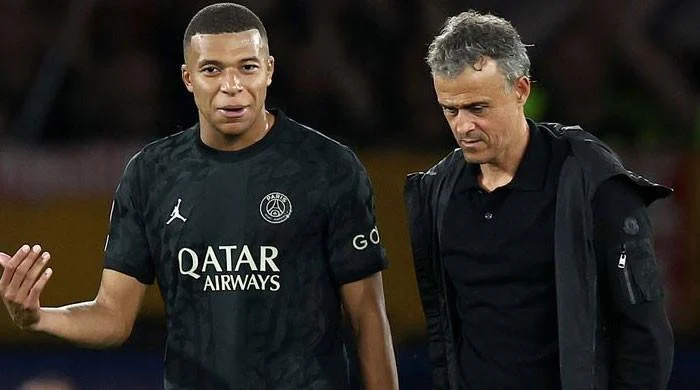
LIV Golf no longer interested in world ranking points
Norman said the rankings were structured to penalize anyone who has not played regularly
Introduction:
Former world No. 1 golfer Greg Norman has sparked a debate within the golfing community with his recent assertion that the rankings are structured in a way that penalizes players who have not participated regularly in tournaments. This statement has ignited discussions regarding the fairness and accuracy of ranking systems in professional golf and has drawn attention to the challenges faced by players in maintaining their positions amidst a competitive landscape.
Norman’s Concerns:
Greg Norman’s remarks shed light on a fundamental issue plaguing the world of professional golf – the inherent bias in ranking systems that favor players who participate frequently over those who may have exceptional talent but choose to play a limited schedule. Norman argues that the current structure of rankings fails to account for factors such as injuries, personal circumstances, and strategic decisions made by players regarding their tournament schedules. As a result, players who opt for a more selective approach to competition may find themselves at a disadvantage when it comes to ranking considerations.
The Impact on Players:
The implications of Norman’s critique extend beyond mere speculation, as players at all levels grapple with the consequences of ranking structures that prioritize quantity over quality. For those who choose to compete sparingly or focus on specific events, the pressure to perform at a consistently high level in limited appearances can be immense. Moreover, the fear of being penalized in the rankings may influence players’ decisions regarding which tournaments to enter and how to approach their overall schedules, potentially stifling creativity and innovation on the course.
The Role of Rankings in Golf:
Rankings play a crucial role in shaping the landscape of professional golf, serving as a barometer of a player’s performance and standing within the global hierarchy of the sport. They not only influence a player’s reputation and endorsement opportunities but also impact their eligibility for prestigious events and the potential financial rewards that come with success. As such, the manner in which rankings are structured and calculated has far-reaching implications for players’ careers and the overall competitiveness of the sport.
Addressing the Discrepancies:
In light of Norman’s concerns, there is growing consensus within the golfing community regarding the need for greater transparency and equity in ranking systems. Efforts to address the discrepancies inherent in current structures may involve revisiting the criteria used to calculate rankings, taking into account factors such as the strength of competition, the significance of tournaments, and the quality of a player’s performance relative to their peers. Additionally, there may be opportunities to explore alternative models that provide a more nuanced and holistic assessment of a player’s abilities and achievements.
The Way Forward:
As discussions surrounding ranking structures continue to evolve, there is an opportunity for stakeholders within the golfing community to collaborate on solutions that promote fairness, accuracy, and inclusivity. By fostering open dialogue and soliciting feedback from players, coaches, administrators, and fans, governing bodies can work towards refining ranking systems that reflect the diverse array of talents and playing styles present within the sport. Ultimately, the goal is to create a framework that rewards excellence while also recognizing the unique circumstances and contributions of each individual player.
Conclusion:
Greg Norman’s critique of ranking structures in professional golf serves as a catalyst for introspection and reform within the sport. His insights highlight the need for greater scrutiny and accountability in how rankings are formulated and applied, with a focus on promoting fairness and equity for all players. As the golfing community grapples with these complex issues, there is an opportunity to embrace change and innovation that will enhance the integrity and vibrancy of the sport for generations to come.






